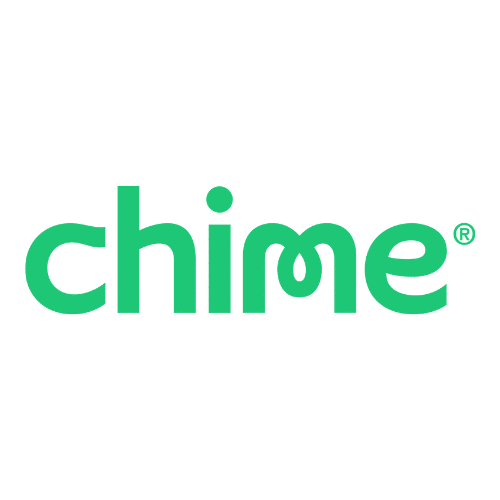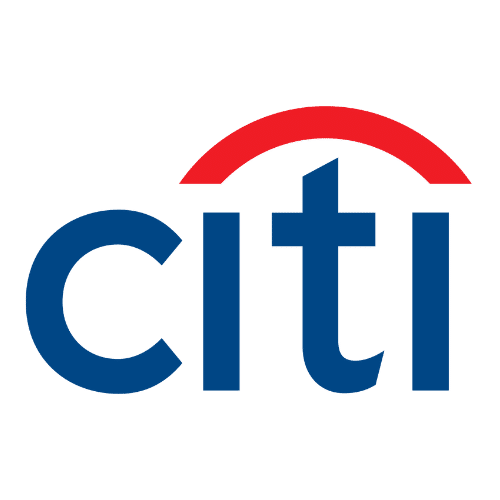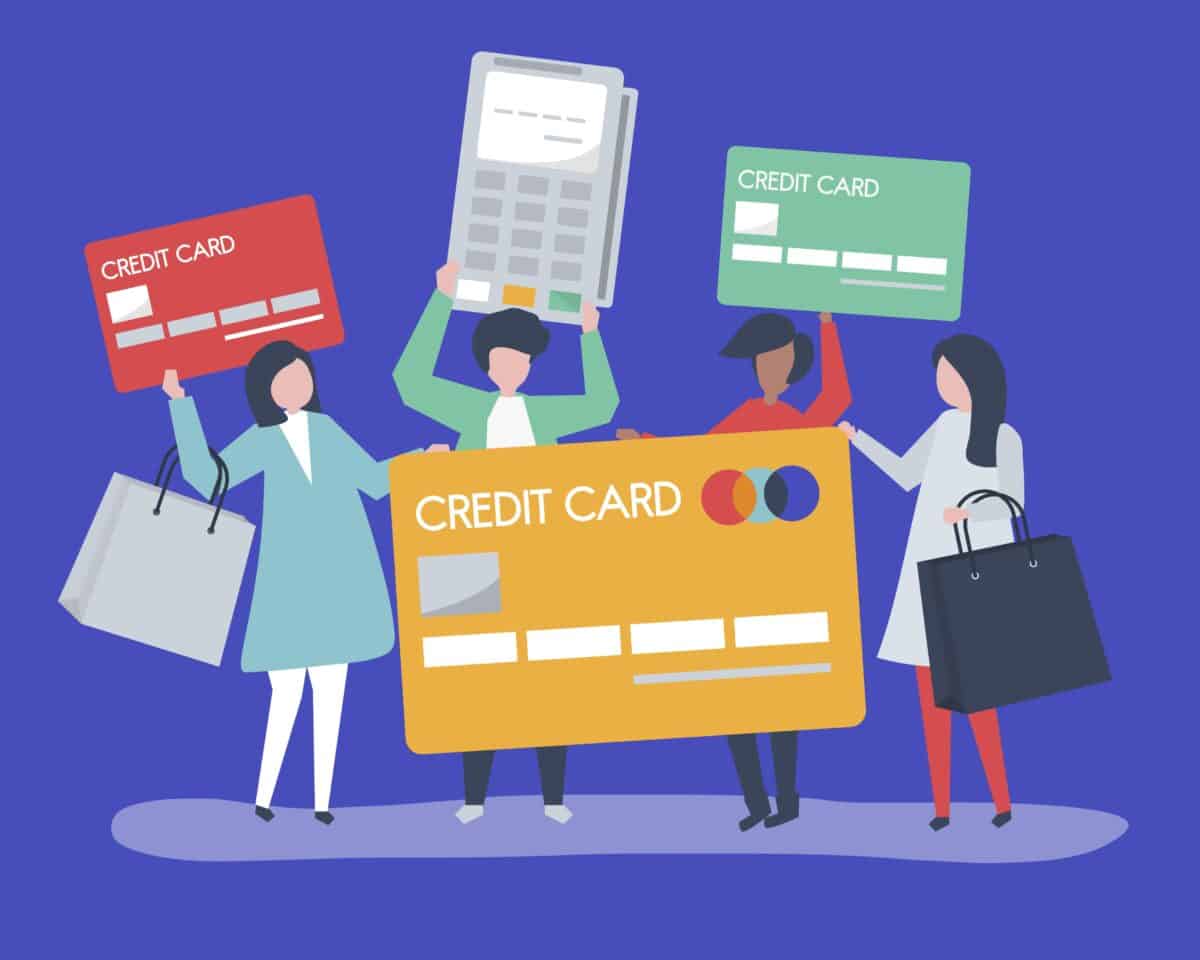10 Best First Credit Cards For Young Adults This Year
The right credit card can help young adults establish good credit, access benefits, and gain financial independence. Compare offers to find the best first credit card for young adults and begin your journey into adulthood.

Table of Contents
- 10 Best First Credit Cards for Young Adults
- 1. Discover It® Student Cash Back
- 2. Chase Freedom Rise Credit Card
- 3. Discover it® Secured Credit Card
- 4. Bank of America® Customized Cash Rewards Secured
- 5. Chime Credit Builder Secured Visa®
- 6. Citi® Double Cash Card
- 7. Capital One SavorOne Rewards for Students
- 8. Wells Fargo Active Cash Visa® Card
- 9. Chase Freedom Flex℠
- 10. Capital One® VentureOne Rewards
- Types of Credit Cards for Young Adults
- How To Compare Credit Cards
- How to Apply for the Best First Credit Card for Young Adults
- Do Young Adults Need a Card?
- Top Tips for Beginners
- FAQs
The best first credit card to open when you are young is the one that can help you build credit by reporting to the major credit bureaus, charges no extra fees, and comes with good rewards. For students, Discover It® Student Cash Back is a great option for a good first card.
However, if you are new to credit, have a poor score, or have limited income, then secured credit cards are the easiest first cards to get. They generally do not require a credit check and anyone who can pay the minimum security deposit, is at or above the legal age, and has a U.S. physical address can apply. Secured credit cards also report to the major credit bureaus that can help young adults build a good credit history over time.
We have provided a list of 10 credit cards below along with their features that can help you compare and find the best credit card for young adults.
10 Best First Credit Cards for Young Adults
| Lender | Scholaroo rating | APR Rate % | Min. Credit Score |
|---|---|---|---|
 Discover it® Student Cash Back Best for students Visit website | 18.24% - 27.24% | N/A | |
 Chase Freedom Rise Credit Card Good for credit building Visit website | 26.99% | N/A | |
 Discover It® Secured Best for no credit check Visit website | 28.24% | N/A | |
 Bank of America® Customized Cash Rewards Secured Great for everyday purchases Visit website | 25.74% | N/A | |
 Chime® Credit Builder Secured Visa® Best for no interest Visit website | N/A | N/A | |
 Citi® Double Cash Card Best for flat-rate cash back Visit website | 18.99% - 28.99% | 630+ | |
 Capital One SavorOne Rewards for Students Best for students with fair credit Visit website | 19.99% - 29.99% | 580+ | |
 Wells Fargo Active Cash Visa® Card Best store credit card Visit website | 19.99% - 29.99% | 690+ | |
 Chase Freedom Flex℠ Best for low interest rates Visit website | 20.24% - 28.99% | 690+ | |
 Capital One® VentureOne Rewards Best for travel Visit website | 19.99% - 29.99% | 690+ |

Discover it® Student Cash Back
Best for students

Chase Freedom Rise Credit Card
Good for credit building

Discover It® Secured
Best for no credit check

Bank of America® Customized Cash Rewards Secured
Great for everyday purchases

Chime® Credit Builder Secured Visa®
Best for no interest

Citi® Double Cash Card
Best for flat-rate cash back

Capital One SavorOne Rewards for Students
Best for students with fair credit

Wells Fargo Active Cash Visa® Card
Best store credit card

Chase Freedom Flex℠
Best for low interest rates

Capital One® VentureOne Rewards
Best for travel
1. Discover It® Student Cash Back
2. Chase Freedom Rise Credit Card
3. Discover it® Secured Credit Card
4. Bank of America® Customized Cash Rewards Secured
5. Chime Credit Builder Secured Visa®
6. Citi® Double Cash Card
7. Capital One SavorOne Rewards for Students
8. Wells Fargo Active Cash Visa® Card
9. Chase Freedom Flex℠
10. Capital One® VentureOne Rewards
Types of First Credit Cards for Young Adults
Before getting a credit card, it is important to know the different types of credit cards offered and what each of them offers to find the best first credit card for young adults. This way, you can choose the one most suited to your needs.
- Secured Cards: Secured cards use a cash deposit that serves as collateral for the card. They are offered to people with no or limited credit history the opportunity to build credit which is easiest to qualify for. Teens who have just turned 18 would have a higher chance of getting approved for this type as compared to others.
- Unsecured Cards: They are the traditional types of credit cards and do not need a security deposit. However, unsecured cards usually have a higher credit score and income requirements and there may be higher interest rates and fees for those who don’t maintain a good credit score.
- Student Credit Cards: Student credit cards are designed specifically for students, offering lower interest rates and other perks tailored to their needs. Students who are young adults can enjoy a lot of rewards and discounts with these cards. Some student cards do not even have a minimum credit requirement; however, they generally run a credit check regardless.
- Prepaid Cards: Prepaid cards are more like debit cards and cannot help in building a credit history. With these cards, the cardholders deposit an amount in the card and that is what they can use only. There is no borrowing or credit involved.
How To Compare Credit Cards
When selecting the best first credit card as a young adult, there are several factors to consider. You should use these to compare the different credit cards for your young adults to choose the best one for yourself.
- Low or no annual fees: Make sure that you’re aware of any fees and penalties associated with the credit card, such as annual fees or late payment charges. Annual fees can add up quickly and reduce the amount of money available to cardholders. As a young adult, it’s important to try to find a credit card with no or low annual fees, so that you don’t need to spend more than necessary on your card. The more young adults understand what fees could be charged, the better prepared they’ll be to avoid them.
- Low Interest Rates: Interest rates are an important factor to consider when choosing a credit card, as higher rates can make it more expensive to pay off a credit card balance. It’s best for young adults to look for cards with low interest rates as well as a 0% introductory (APR) period. Additionally, paying off the balance in full each month can help keep interest costs low.
- Rewards and Benefits: There are numerous credit cards that offer rewards and benefits such as cash-back, points, or miles for making purchases. Be on the lookout for these rewards programs, as they are a great way for young adults to save money and learn how to responsibly manage their credit – all while being rewarded for it.
- Credit Limit: The credit limit is the maximum amount of money a cardholder can borrow on the card. Young adults should consider their spending habits and find cards with limits that they can responsibly manage.
- Credit score: Young adults should be aware of the credit score requirements for each card they are considering. Knowing their own credit score and researching credit cards that meet those requirements can help young adults find the best cards for themselves.
- Co-signing Requirements: Some credit cards require a co-signer if a teen does not have enough of a financial history or credit score to qualify on their own. Take this into consideration when selecting a card and make sure that your co-signer of choice is comfortable with the agreement.
- Level of Responsibility: Make sure to consider how much responsibility you can handle when managing your own credit card, as well as any tools or resources that will help you to better manage your finances. Doing this will ensure that you don’t run into debt, thereby getting the most out of your credit card.
How to Apply for a Credit Card for The First Time
When applying for a credit card for the first time as a young adult, provided that the requirements for eligibility have been met, the process to secure one is simple. Below are the general eligibility requirements and steps to apply for a credit card.
General Eligibility Requirements:
Here are the typical eligibility requirements for credit cards for young adults:
- Be at least 18 years old
- Have a valid government-issued ID or Social Security Number
- Have an income (which can include a part-time job, allowance from parents, or student loan)
- Demonstrate responsible use of credit
Steps to Apply for a First Card
The following are steps to apply for a credit card.
- Gather Documents: Before you can apply, you will need to have some documents handy that may include proof of identity and address, employment information, bank statements or other financial documents, and authorization for a credit check applicable.
- Compare Offers: Look through different credit card offers to find the one that best fits your needs. Make sure you compare factors such as Annual Percentage Rates (APRs), bonuses, rewards, and fees associated with credit cards.
- Fill Out Your Application: Once you have chosen a credit card, fill out the application form. This will usually involve entering your personal information, such as your address, date of birth, and current employment status.
- Submit Your Application: After you’ve filled out the application form, ensure that you double-check it for accuracy before submitting it. Having done that, all you need to do from here is wait for a response from your chosen lender.
Do Young Adults Need a Card?
While it is not a need to have a credit card at a younger age it is quite important and beneficial to get one early on. Most importantly, they can help with building a good credit history which influences all borrowings in the States like buying a house on a mortgage, getting a car loan, renting, and getting student loans. Moreover, you can get better terms and rates on loans and any other forms of credit with a good history and above-average credit score. Another important reason for everybody to get a credit card is that it can help in the case of unforeseen emergencies.
Credit cards are safer than cash to carry around and you can avail several other benefits by using them like travel insurance, cash back rewards, bonuses, discounts, travel points, and even lost luggage reimbursement with some cards.
Benefits and Costs of Getting a Credit Card as Young Adults
Getting a credit card involves both benefits and potential drawbacks that include the following:
Pros of Credit Cards:
- Establishes credit history by on-time and complete payments
- Allows you to manage expenses responsibly and build good financial habits
- Helps with emergencies or major purchases for which you might not have enough cash/savings for
- Earn rewards, such as cashback, discounts, or travel points
- Easier to carry as compared to cash
Cons of Credit Cards:
- Potentially high interest rates if payments are not made on time or if you don’t have good credit
- Can lead to debt if not used responsibly
- Can hurt your credit if you miss your payments or pay late
- Potentially high annual fees for some cards
- Temptation to overspend
Top Tips for Beginners Using a Credit Card for the First Time
By keeping the following tips and tricks in mind, young adults can use their first credit card responsibly and benefit from the rewards associated with having one.
- Keep track of your spending: The first and most important tip when using a credit card is to keep track of your spending. Create a budget to help you stay within your means and ensure that you only spend what you can afford. Automated reminders are also helpful in keeping up with payments and avoiding late fees or any other charges for not paying on time.
- Read the terms of your agreement: Before signing up for a credit card, make sure to read the terms and conditions so that you understand all the features associated with your card. Look for potential fees, interest rates, and rewards – such as cashback or airline miles – to help get the most out of your staying credit up. Additionally, you should never sign up for a card with hidden costs or fees that could catch you by surprise.
- Pay at least the minimum amount due: Once you have your credit card in hand, make sure to pay at least the minimum amount due each month on time. Missing payments and late fees can negatively affect on your credit score, resulting in higher interest rates for future borrowing. It’s also essential that you stay on top of your payments each month so that you don’t get overwhelmed with debt.
FAQs
What are the easiest credit cards to get for young adults?
The easiest credit cards to get are secured credit cards as they do not have a minimum credit requirement and do not carry out a credit check. They charge a security deposit as collateral which becomes your credit limit.
Bank of America® Customized Cash Rewards Secured and Discover it Secured are two good options for secured credit cards.
What is the minimum age limit to apply for a credit card?
You can apply for a credit card in your own name at the age of 18. However, you must have some source of independent income and provide proof of it to get a card. In case you do not have proof of income then you may apply with a cosigner if the bank accepts a cosigner.
What is the best credit card for a 19 year old to build credit?
Chase Freedom Rise Credit Card and Chime Credit Builder Secured Visa® Credit Card are both specifically designed for building credit. They do not have a minimum credit requirement and you can apply for them if you are 18 or above; however, you will need to provide verifiable proof of income to get approved.
What credit card is best for a 21 year old?
21-year-old young adults may have some level of credit developed which can allow them to access cards with higher rewards but a minimum credit requirement. Capital One SavorOne Rewards for Students is a great option for 21-year-olds with fair credit and high rewards. For those who travel often, their VentureOne Rewards Card can be quite beneficial as it provides many travel-related rewards.










